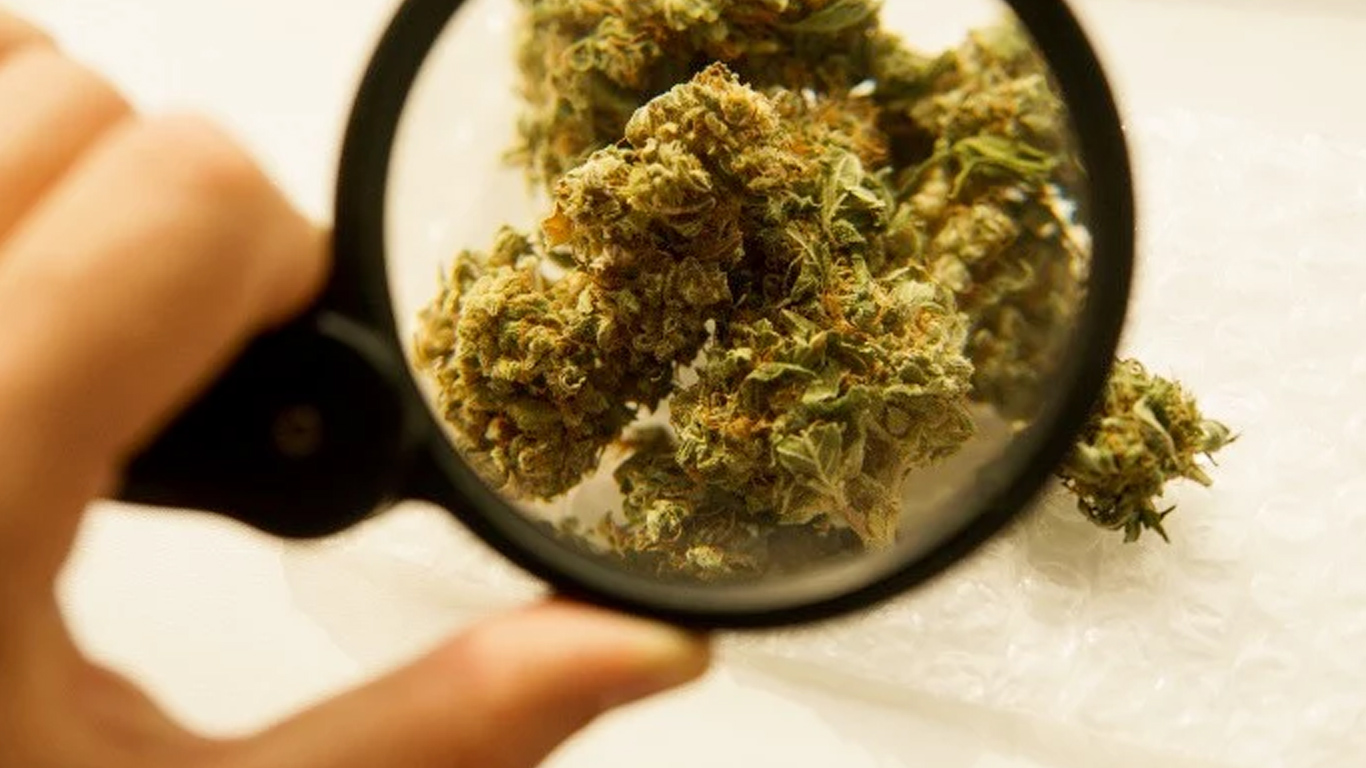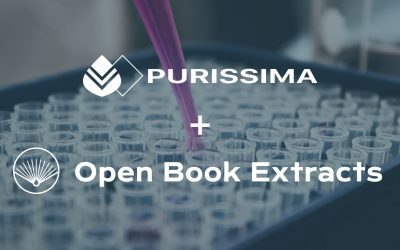Open Book Extracts (Roxboro, NC) has announced the results of the first phase of toxicology and safety studies of their cannabinoid ingredients: cannabigerol (CBG), cannabinol (CBN), and cannabichromene (CBC). The firm contracted the scientific and regulatory consulting firm AIBMR Life Sciences Inc. to conduct the battery of toxicology studies investigating the safety of consumption of CBG, CBN, and CBC required to support a Generally Recognized as Safe (GRAS) independent conclusion or New Dietary Ingredient (NDI) application.
The report concluded that the test articles were non-mutagenic, non-clastogenic, and non-genotoxic. According to Open Book Extracts, this toxicological assessment is the first known published data of its kind since the publication of Rosenkrantz et al.’s 1980 data on CBD, Cannabichromene and hashish oil. This current battery of GLP/OECD compliant studies contributes significantly to the advancement of the science of hemp-derived CBD.
“Until today, there have been no comprehensive toxicological safety assessments completed on minor cannabinoids, including CBG, CBN, and CBC,” said Chelsea Pipkin, vice president of quality assurance at Open Book Extracts, in a press release. “The completion and publication of these safety studies on these ingredients in a peer-reviewed academic journal specializing in toxicology is a monumental step forward in putting competent and reliable science behind a product. The public should applaud this effort as well as the time and expense it required.”
“We are thrilled to advance cannabinoid science and are very pleased with the safety results from this landmark study,” said Dave Neundorfer, chief executive officer of Open Book Extracts. “This is an important milestone in our pursuit of GRAS or NDI status. As an organization, our commitment to safety remains paramount. We look forward to setting the bar for all cannabinoid manufacturers in the market and encourage them to conduct similar toxicological assessments on their own base raw materials.”




